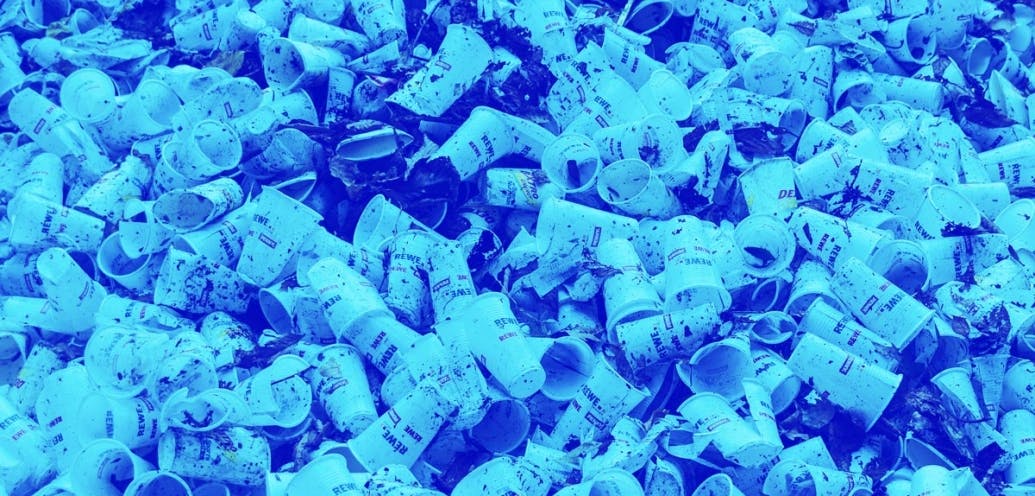It is tempting to see in nature the remnants of a once pristine, undisturbed earth.
Some versions of Christian theology identify this state in the Garden of Eden. It follows that to be stewards of God’s creation would mean working to return to that original garden. But the more we understand about how nature works, the harder it becomes to justify this view. We now know the natural world is the result of a long history of change.
Plate tectonic movements have created and recreated continents, and mass extinction events have opened the way for new life forms to evolve and diversify.
On a shorter time scale, forest fires destroy trees and animals, but at the same time initiate a process of recovery essential to forest health and diversity.
Flooding rivers have created fertile deltas and volcanic eruptions have left layers of ash that support vigorous, healthy ecosystems.
In this context, the picture of a once-perfect and now-degraded creation misses something very important. The God-given creative potential of living things is best expressed in response to environmental change.
This view is consistent with biblical perspectives. “Creation groans,” to quote Romans 8:22, not as it reminisces about a lost paradise, but in anticipation of a new creation.
We have hope, not of returning to some original state, but of earth and heaven made new. Does this mean that since change is good we should not worry about destroying creation? By no means!
Instead, we should mourn the loss of ecological integrity while we seek to understand how best to care for a planet accustomed to change. I believe we can still act as faithful stewards even if there is no pristine state to which to return.
We have a lot to learn from ecosystems. They have a strong tendency to retain and recycle materials and nutrients.
Interdependence among species helps them both resist change and recover from it. Judging from the way life has diversified over time, and from the complexity of ecosystems, the tendency in creation is to increase the availability of resources and make room for new ecological partners.
The human systems that have been most damaging seem to have the opposite goal, concentrating benefits to only a few. Developed nations have relatively small populations but have done more than their share of damage to the environment, while the world’s vulnerable and poor experience a disproportionate amount of the resulting hardship.
We have the capacity to restore degraded ecosystems to health, even if their renewed state does not match what once existed. SPU alumnus Joel Breems ’01 led an initiative on Blakely Island to restore one of its bays. In the early 20th century, massive quantities of sawdust were dumped into the bay, rendering it virtually devoid of sea life.
The removal of that waste is allowing sea grasses to recolonize the bay, promising a return to diversity and health. On a small scale, this demonstrates the earth’s potential for renewal. I cannot help but believe that healing, justice, and abundance could flow from earth for all people.
God’s call to care for the poor and marginalized is inextricably linked to caring for the earth. We cannot go back, but we can learn to serve a changing, resilient, diverse, and beautiful earth.

Bruce Congdon is a biology professor and dean of the Division of STEM and Social Sciences at SPU. He coordinated SPU’s environmental studies program from 1985 to 1992.




